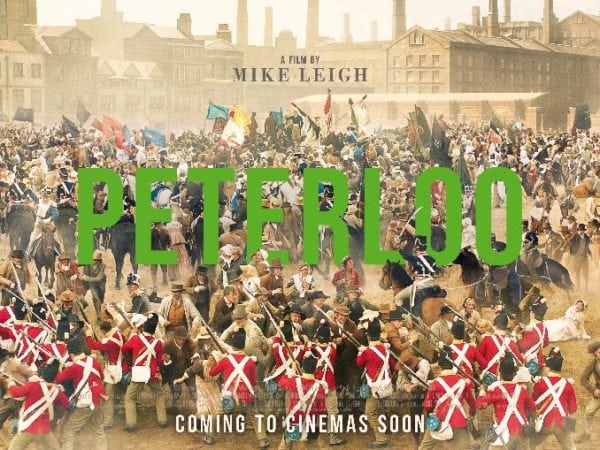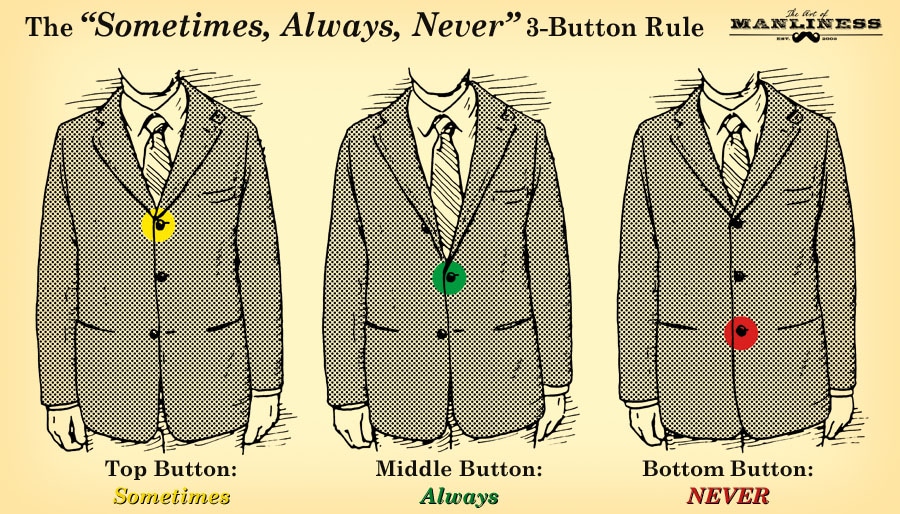- The Happy Prince - Well, I liked it. I found the performances powerful (Rupert Everett as Oscar Wilde, Colin Morgan as Lord Alfred, Edwin Thomas as Robbie Ross, and Emily Watson as Constance), the direction astute (also Rupert Everett), and the writing sensitive and poignant (once again, our Rupert). My companions found it 'dull', 'annoying' and 'full of people eating food in expensive restaurants and whining about not having any money'. I guess it takes all sorts.
- Interlude in Prague - John Stephenson directs and co-wrote this sumptuously-costumed period drama in which the wolfish Mozart (Aneurin Barnard) is brought to Prague to conduct the final performance of The Marriage of Figaro. All the women adore him; all the men are suspicious of him; and the innocent soprano Zuzanna (Morfydd Clark) falls in love with him. Unfortunately she is the object of desire of the violently cruel Baron Saloka (James Purefoy). It’s a lavish spectacle with sensational music (as you would expect) and a disturbing dark side, but if you’ve seen Amadeus, you’ve seen it all done better before.
- Peterloo - I've wanted to see this film since I first heard about it. Mike Leigh directs a stellar cast of Northerners (including Rory Kinnear and Maxine Peake) in the lead-up to and consequences of this Manchester massacre, saying only they could feel it in their soul. Films like this make me miss Pete Postlethwaite more than ever. It's epic in a good way with well-placed silences and heartfelt speeches. From a time when the desire for universal suffrage seemed radical, the ruling class treated the workers as scum, and rights to habeas corpus were removed at will... haven't we come a long way?
- Red Joan - An extraordinary story told in a very straightforward manner. When questioning loyalties, are we citizens of a country or members of a race, and how far would you go to protect either? And if you have lived through two world wars, what would you risk to ensure peace? Director Trevor Nunn draws out powerful performances from his cast and, despite the momentous nature of the subject, never gives in to histrionics or hyperbole. Judi Dench is brilliant as ever, as she looks back on her younger self (played strikingly by Sophie Cookson) On a personal note, I still find a floppy fringe and a passion for politics devastatingly attractive.
- Sometimes Always Never - Focussing on the absent can serve to bring the present more clearly into focus. I've never liked Scrabble either, because it's true: it's not about the words; it's all about the numbers. This is a beautiful film (written by Frank Cottrell Boyce and directed by Carl Hunter) shot in exquisite detail, with exceptional actors proving less is more. Bill Nighy plays the father who concentrates more on his missing son than he does on the one present (Sam Riley), although he does pass on tips on tailoring.
- Stan & Ollie - Beautifully done: understanding comedy is hard; understanding the comedy of a bygone era is even harder. Director Jon S. Baird allows the nostalgia to linger for just long enough, and with enough humour to ensure it tips the scales on the right side of the balance. Steve Coogan and John C Reilly mine the depths of nuance to portray these larger-than-life characters with a gentle charm and generous wit, and Nina Arianda makes the most of a dream role as Stan's cold and catty wife, Ida. They don't make 'em like they used to.
- Swimming with Men - The Pool Monty, as surely everyone is calling it, is entirely formulaic and predictable, with the same old character types and story arc. This time a group of middle-aged misfits form an all-male synchronised swim team, which goes on to win hearts and awards. The actors led by Rob Bryden do a decent job although none of them are pushed out of their depth. Even the football analogy (Ronaldo stepover) is similar to the one in The Full Monty about the Arsenal off-side trap, the father-son estrangement is mined again for pathos, and the female instructor (Charlotte RIley) and token wife (Jane Horrocks) reveal the sadly familiar gender divide. It's well directed however (Oliver Parker), with tidily-framed shots and the emotional manipulation, while obvious, is comforting.
Friday, 16 November 2018
Friday Five: Films Seen at British Film Festival
Subscribe to:
Post Comments (Atom)



No comments:
Post a Comment